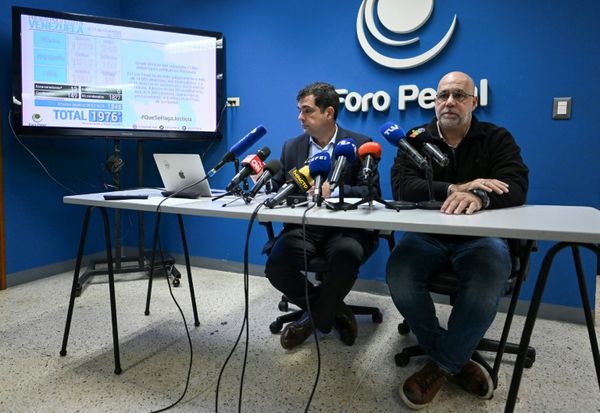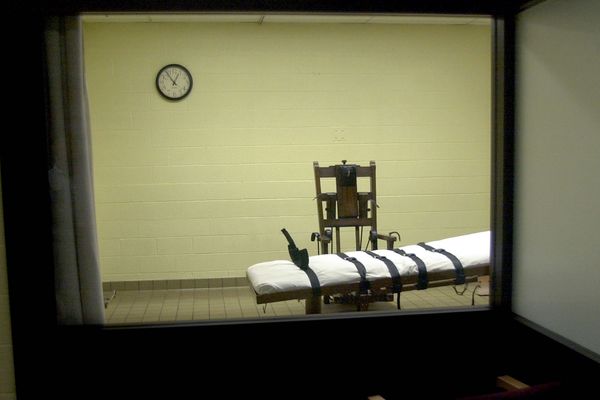
In 2020, when theaters shuttered worldwide, Ghazal Azarbad, a seasoned theater actor, found herself at a crossroads. With her primary source of livelihood abruptly cut off, she went on a journey of self-discovery that led her to unexpected places, and towards conceiving the platform, joonhype.
Initially drawn to writing and social justice activism as outlets for her creativity, Ghazal soon realized that she needed to do more than just act in the wake of the tumultuous state of humanity. Growing up, she was always drawn to spiritual knowledge, particularly ancient Persian spiritual knowledge. Her creative artwork is an extension of her spiritual practice, which includes emotional alchemy and transmutation.
Thus, March 2021 marked the start of her platform, dedicated to healing through purpose. She faced a lot of internal resistance to fully embracing this path and sharing her true self with the world which delayed her progress for a long time. Imposter syndrome and fear of judgment held her back but despite her reservations, she persisted, driven by a deep-seated need to express her voice. Though she started the page in early 2021, she didn't fully embrace it until late 2022 after a major turning point.
Tragedy struck in 2022, in more ways than one. Ghazal got cast as Juliet in the infamous tragic love story at the same time as she was diagnosed with thyroid cancer. Faced once again with the choice between her acting career and her newfound path, it became clear that acting needed to be cleared out of the way for a time. Since she couldn't give up her dream role, she decided to undergo the surgery while committing to the theatre contracts that came pouring back after so long.
The journey wasn't easy, with emotional, mental, and physical burnout adding to her burdens. Eventually, Ghazal had to fully commit to her newfound path, finding solace in her spirituality and renewed sense of purpose. She finally embraced her identity as joonhype, shedding the confines of societal expectations and judgment from others to forge her own path.
Central to this platform are four pillars: Spirituality, Social Justice, Art & Creativity, and Mental Health.
The first pillar is spirituality, which is at the heart of joonhype, (joon/جون meaning 'soul/life/spirit' in Farsi) where intuitive guidance and creative healing sessions can be offered. Her goal is to provide a space for radical healing and deep self-empowerment. Her focus includes breaking the toxic patterns of generational trauma, healing from abuse, healing from systemic oppression, and healing from addictions. Her approach includes transmuting pain to purpose, alchemizing lower emotional states to inspiration, intuitive channeling, Rumi & Hafez poetic guidance, energy healing, intuitive movement, astrology, tarot, reiki, and more. Ghazal believes by channeling spirit, she can help clear the fog between people and their higher selves, guiding people back home to themselves.
The second pillar is social justice. She emphasizes that spirituality should not be used to bypass social justice issues, but rather be used as tools for taking action. In order for social activism to be sustainable, people need a source of hope to carry them through and keep the vision alive. This spiritual healer points her clients to resources such as petitions, donations, and information to help them take action toward a more equitable future.
Art & Creativity, the third pillar, is something Ghazal has used personally on her journey. Bullied heavily throughout her early life, she found solace in theater, allowing her to express herself. "Creativity can heal a person through various forms, including movement, music, art, writing, singing, and acting," Ghazal expresses.
Finally, Mental Health, the fourth pillar, she believes is crucial for achieving all four pillars. She believes that if one pillar falls, the other three are vulnerable, and it is important to find the thread between them all. Having been through many years of therapy herself, Ghazal recalls,"Most people in therapy feel like they are broken. In spirituality, however, even the broken parts of yourself are still whole. One needs to simply understand them from a different perspective. Being whole is something we will continue to crave" she adds.
Beyond the digital realm, Ghazal envisions a physical space where artists and healers can gather to experience classes and workshops on various creative healing modalities. Her long-term goal is to establish a school that integrates the four pillars of joonhype into its curriculum, providing a holistic approach to growth and self-discovery.
In addition to her online endeavors, Ghazal is writing a book and working on an album. Both projects aim to offer solace and support to those navigating their own journeys of healing and self-discovery.
Looking ahead, this spiritual healer remains committed to expanding her reach and inspiring others to embrace their aligned authenticity. She plans to continue her mission of fostering compassion and connection in an increasingly fragmented world.







